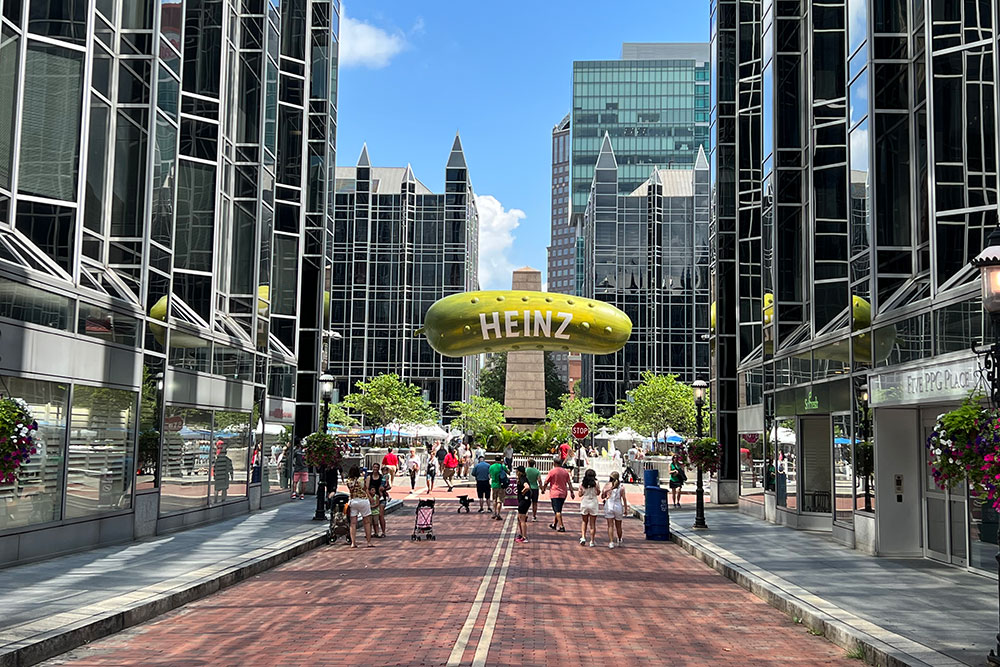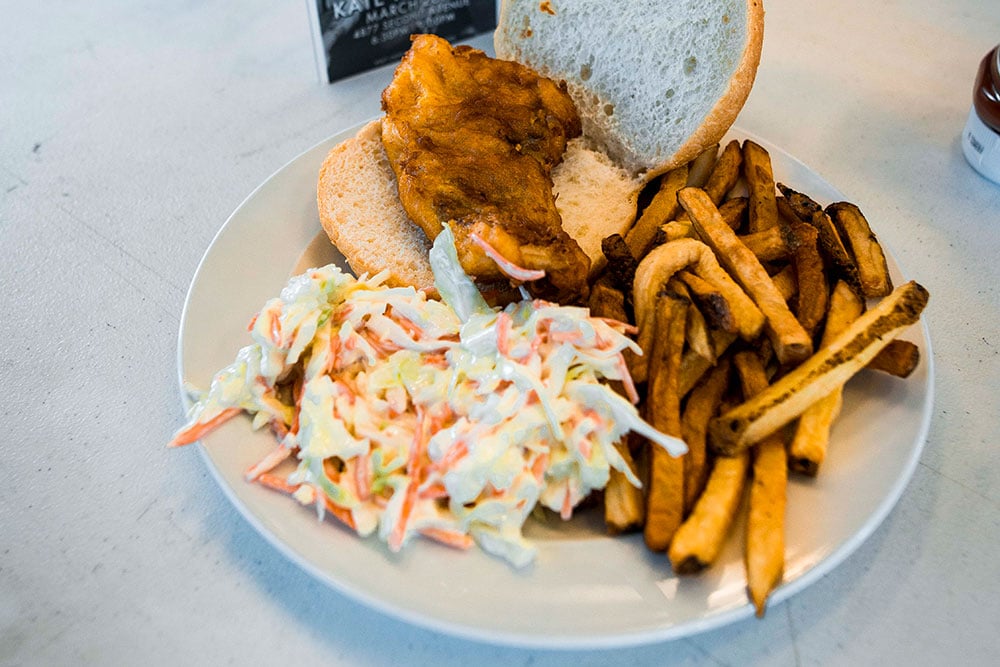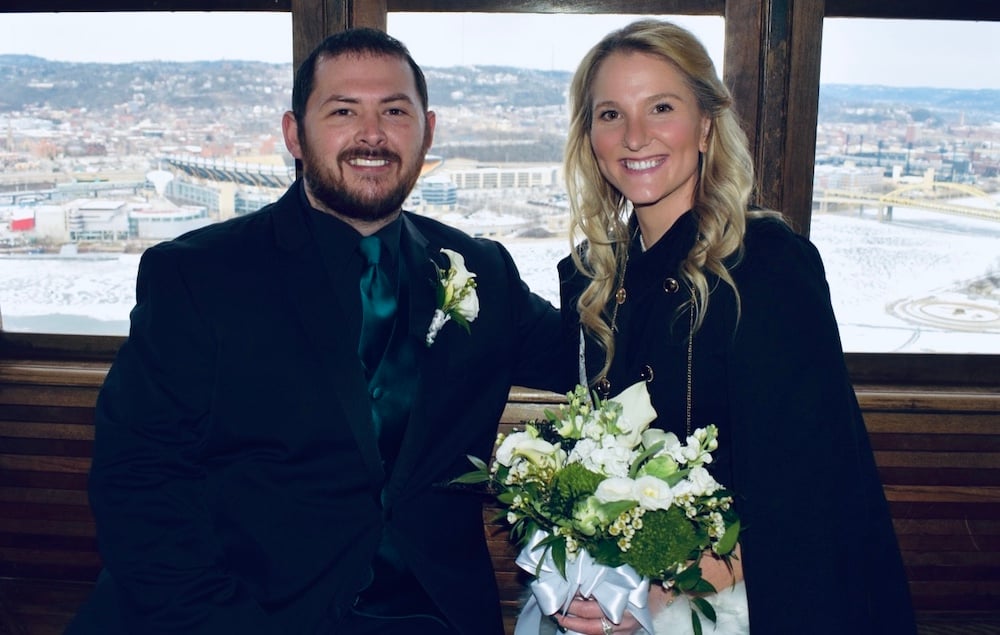Buzz on Over to CoNectar in Millvale
The flora-to-table space offers tastes and education.
Bees can recognize and differentiate between human faces. In Pittsburgh, their favorite person is Christina Joy Neumann, founder of Apoidea Apiary.
Without the use of antibiotics or synthetic pesticides, the master beekeeper maintains colonies throughout the region, including on her five-generation family farm in Cherry City in the Shaler area? The Apis mellifera, or honey bee, hives produce between 2,500 and 5,000 pounds of honey per year. To create a half teaspoon of liquid sunshine, worker bees must log 1,300 hours, fly 437 miles and visit 15,800 flowers.
Now the tiny overachievers have their own nonprofit storefront in Millvale. It’s located across the street from the soon-to-open Burghers Brewing, makers of that other golden elixir that’ll get you buzzed.
CoNectar is currently open on Saturdays for multi-sensory “flora-to-table” education on the key role pollinators play in food systems and our broader ecology. Visitors can purchase jars of honey, beeswax candles, books and branded swag that supports the nonprofit organization’s mission. A few times a month, Neumann also offers lectures, kid-friendly classes and yoga sessions.
The cafe, which will specialize in homemade gelato and other desserts, is expected to debut in June. Expect to see the mobile unit, an adorable Piaggio Ape (“ape” is Italian for ‘bee”), on the road this summer, too.
Neumann, who is a master beekeeper and an architect, has been working on the project with her brother and sister-in-law, Jon and Larissa Neumann, since 2019. Constructed in the 1880s, the building now includes a gallery, shop and tasting space complete with a bar that Urban Tree Pittsburgh made from a slab of salvaged elm.
There’s an Air Bee & Bee” on the second floor. Did I mention Neumann is the Queen Bee of Puns?
On Feb. 15, I joined members of Shaler Area High School’s Sustainability Club for a post-Valentine’s Day honey tasting in CoNectar’s Sensory of Wonder Gallery, where even the chairs look like honeycombs.
We sampled three types of honey and noted the botanical origin, location, color, smell, taste and mouthfeel of each one. Neumann is a font of knowledge about the substance and its makers, but shares the information in a friendly and accessible way.
Through eating, she says, people can get a better understanding of their environment.
She studied honey bee building techniques at The Biomimicry Institute in Montana in 2003 and worked as a commercial beekeeper at the Rare Hawaiian Organic Honey Co. in Hawaii. She is a Cornell University Certified Master Beekeeper and, since 2017, has maintained a Certified Naturally Grown Apiary, the closest certification to USDA Organic that an urban apiary can achieve.
When I met her in 2022, she had just completed an advanced honey sommelier course in Bologna, Italy, with the Italian National Register of Experts in the Sensory Analysis of Honey.
I guess it takes a busy bee to know one.

















